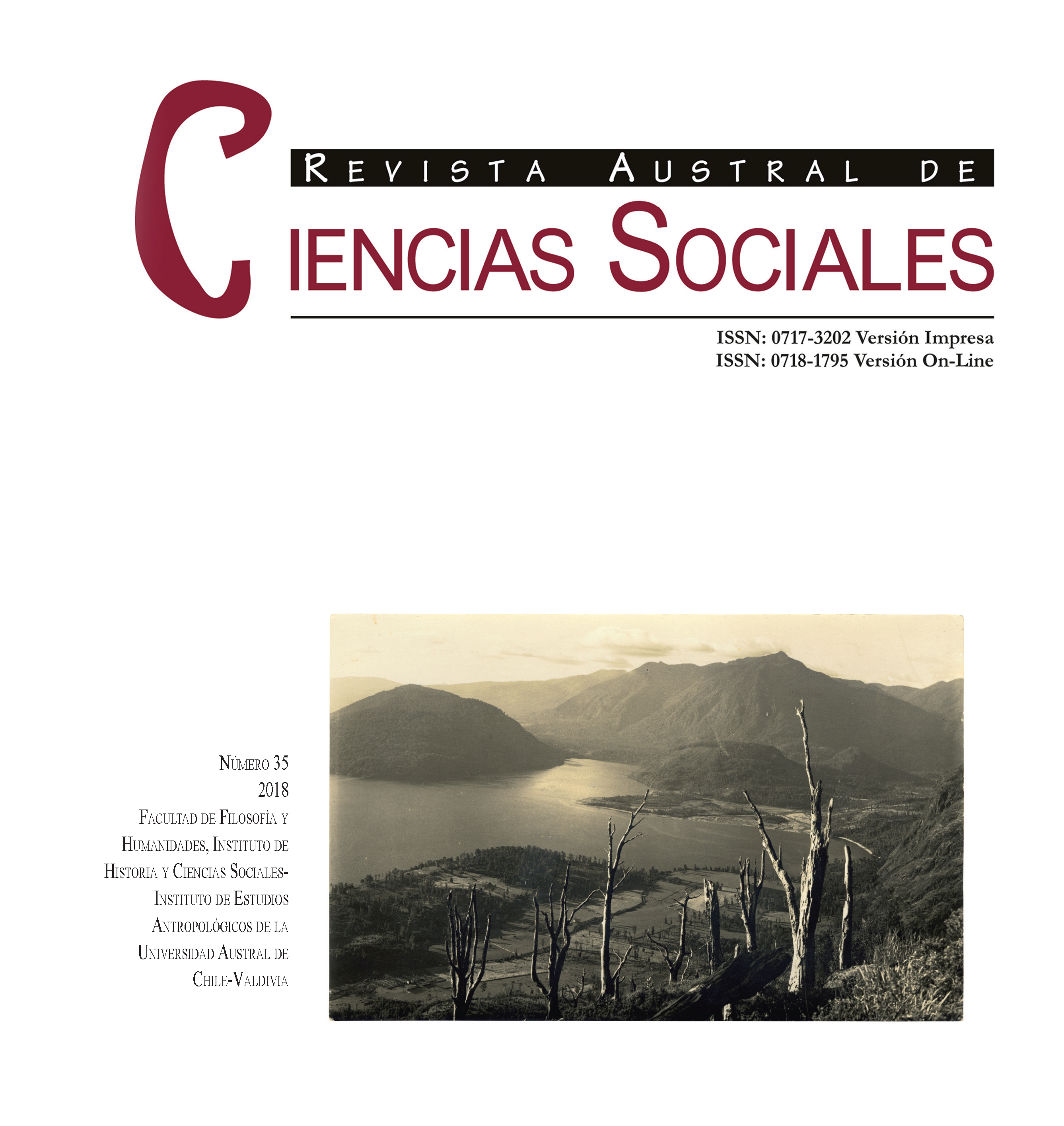Dystopia, eutopia and social crisis in mainstream cinema (The cases of The Hunger Games and Inside Out)
Main Article Content
Abstract
Within the context of a globalized world, the seeming “de-ideologization” that accompanies contemporary cultural products is in fact useful to the reproduction of the capitalist system, this being an omnipresent and over-encompassing system. With that in mind, American mainstream cultural industry is one of the main pillars through which the system represents itself, proposing and defending specific worldviews, namely, the American Way of Life. Recent mainstream cinema, through products such as The Hunger Games (Ross, 2012; Lawrence, 2013, 2014, 2015) or Inside Out (Docter, 2015), proposes an apparent “two-track” strategy of a false way-out (dystopic and eutopic), as a way to face the psychological and/or ideological conflicts that characterize the crisis of the contemporary social model.

